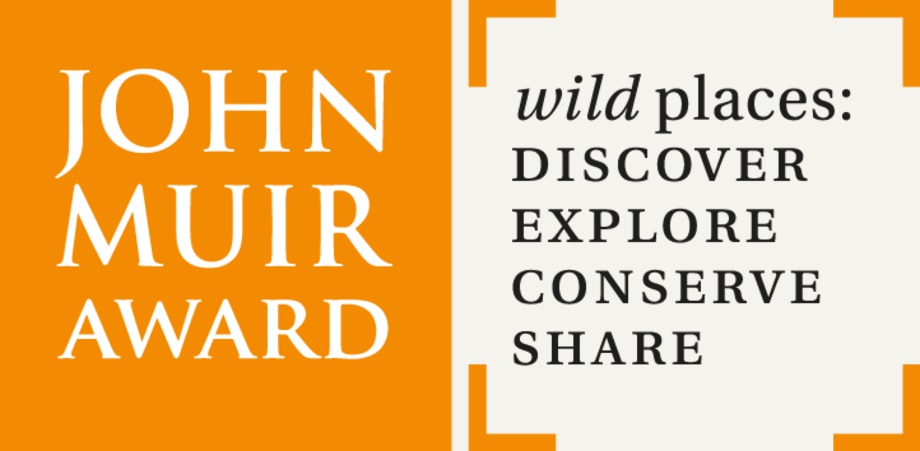Here in the outdoor team we are very busy and so the blog has been at a bit of a stand still. This time last year we posted advice about ticks and it has come up again, we would recommend everyone to watch the BBC Programme Disclosure: Under the Skin
BBC Disclosure: Under the Skin
The programme explains how there has been an increase in the incidence of Lyme Disease and how anyone using the outdoors can guard against catching this terrible disease.
When we are working with young people outdoors it is important we understand there are ticks everywhere potentially including the school estate.
The current NHS Scotland guidelines can be found here Current NHS Scotland Guidelines on Lyme Disease
The Forestry Commission have an excellent informative web page on tick identification:
Forestry Commission Identifying Ticks
We also continue to recommend the NHS Highland video if how to remove a tick:
If you need more help or advice please don’t hesitate to get in touch with the Outdoor Team.













